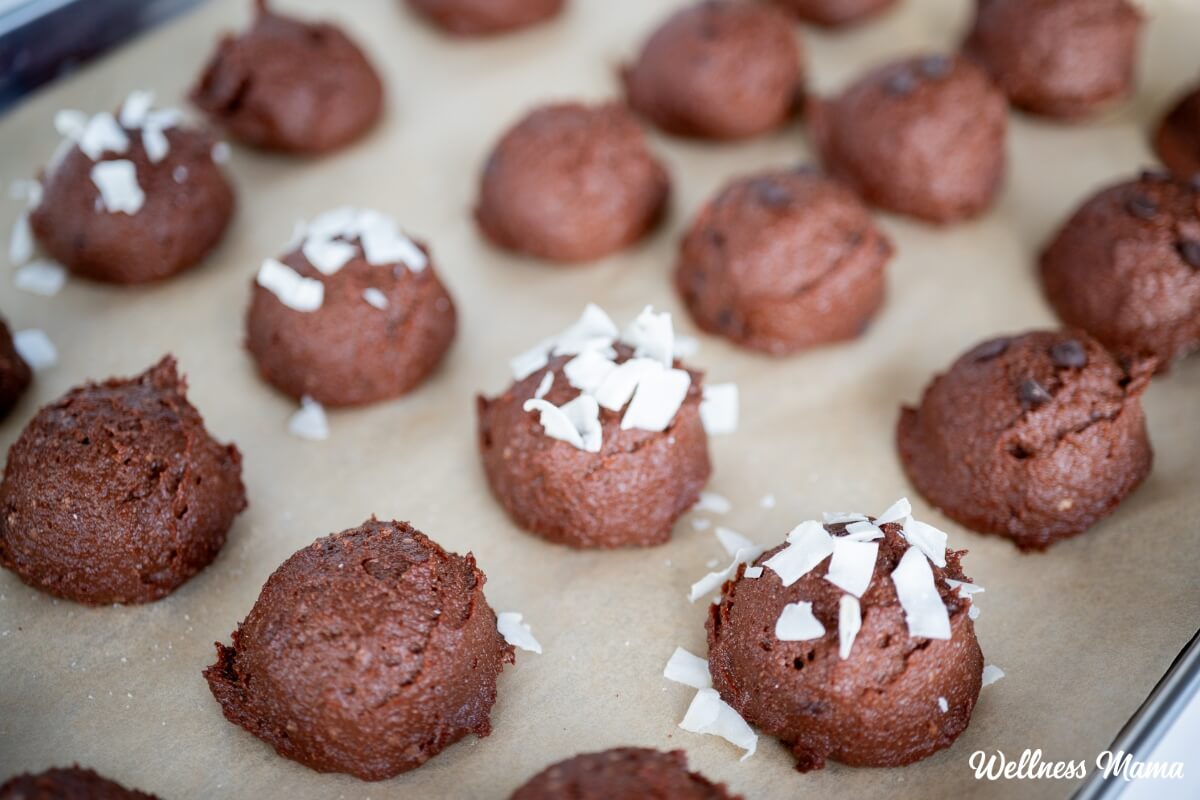

Sharp cuts to Medicaid funding are already weighing on rural health care, and among those set to suffer most are mothers and pregnant people.
The cuts, enacted in July as part of the Big Beautiful Bill’s Medicaid overhaul, will hit an already-strained rural health network, and crucial maternity care may suffer greatly. If you depend on this care, you’ll want to prepare now.
How will the Big Beautiful Bill affect rural maternity care?
According to nonprofit policy research group KFF, Medicaid covers half of all births in rural areas. These areas tend to need Medicaid more than in urban centers, with about a quarter of adults using the program.
Although about 20% of the U.S. population live in rural communities, health care services can be hard to access, sometimes requiring long drive times or lacking capacity. Many of these areas were considered health care deserts even before the planned Medicaid cuts were approved.
The sharp drop in Medicaid funding has already begun to impact hospitals as well as patients. For example, UofL Health in Louisville, Ky, has indefinitely delayed opening a new birthing center as a direct result of the cuts, according to the Louisville Courier Journal.
And according to the University of North Carolina’s Cecil G. Sheps Center for Health Services Research, at least 133 rural hospitals had experienced three years of negative earnings before the bill was passed. Many are now at risk of closure.
For rural residents who rely on Medicaid to pay for maternity costs (which can total tens of thousands of dollars out of pocket), struggles are likely to increase as they wind up with fewer providers and facilities.
Affording maternity care amid Medicaid cuts
Although the Big Beautiful Bill is also set to offer U.S. parents an account seeded with $1,000 from the government for each qualifying child, the money is unlikely to offset the cost of medical bills for childbirth and recovery. And that’s not to mention child care, which can run tens of thousands of dollars per year.
If you’re on Medicaid, informing yourself is your first line of defense, especially when it comes to keeping your coverage.
While pregnant and postpartum individuals are exempt from the work requirements, documentation is required. Each state’s Medicaid program may have slightly different documentation processes, so getting in touch with the office as quickly as possible is key to keeping your coverage.
For those not on Medicaid, shopping for the best health insurance coverage for your needs can help you save money. And if you change plans, make sure your preferred providers are covered, so you can keep the same health care providers.
An FSA (Flexible Savings Account) — if you have access to one through work — can also help cover the high costs of child care and medical expenses.
—
This post was previously published on Value Penguin.
***
You Might Also Like These From The Good Men Project
If you believe in the work we are doing here at The Good Men Project, please join us as a Premium Member today.
All Premium Members get to view The Good Men Project with NO ADS.
Need more info? A complete list of benefits is here.
Photo credit: iStock
Disclaimer: This story is auto-aggregated by a computer program and has not been created or edited by healthlydays.
Publisher: Source link












